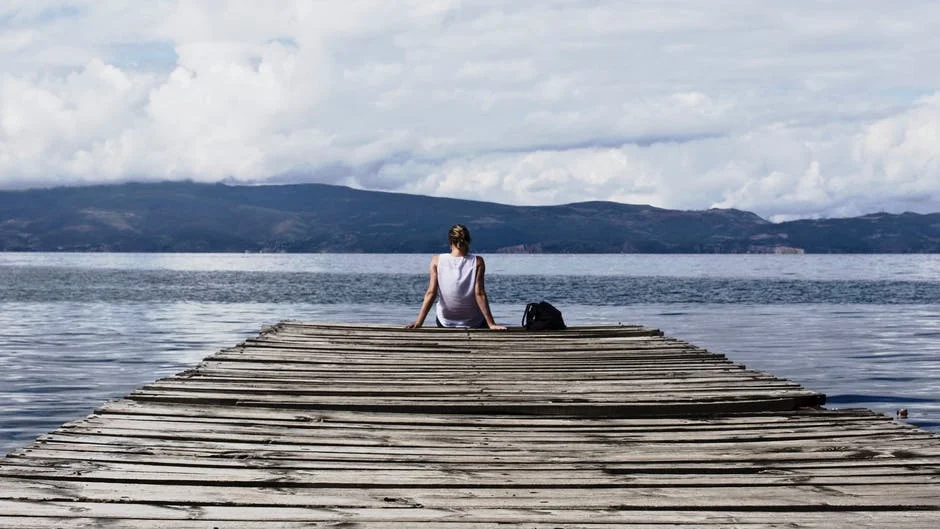Finding your "Third Space"
This is a guest post written by Dr Dely Lazarte Elliot, a lecturer based in the School of Education, College of Social Sciences.
Not so long ago, we asked successful international PhD graduates to share their journeys with us, in order to understand their fascinating and complex experience. Equally, we wanted to find out what their advice to fellow international PhD students would be, particularly for those who are at the very beginning of their journey towards a PhD. Unsurprisingly, our research participants contended how their own advice played an active role in helping sustain their motivation until completion of their project, and even led to securing a researcher-related positions post-PhD.
So, what is their advice, you may ask?
During our research, participating PhD graduates demonstrated an interesting link between the notion of having a ‘third space’ and successfully completing their PhD. Loosely defined as ‘the informal spaces that foster personal learning, enjoyment and development through friendships, social activities and wider support networks’ in our article published in the Journal of Higher Education Research and Development, an example of a third space includes volunteering to work at a charity bookshop, playing tennis, joining a choir, or spending time reading non-PhD-related books in the library.
Getting involved in sport is a good way to find a third space during your PGR studies
The majority of our study participants pursued their own ‘third space’, and the results were remarkable. Although for many, it was initially perceived as a natural, relaxing avenue for interaction with like-minded people, their ‘third space’ gave them more than they initially anticipated. There are no rules associated with the pursuit of a ‘third space’. Instead, each person engaged in an area that was of genuine interest to them, and in turn, provided the relaxation and mental space away from their studies that they needed in order to de-stress.
One student’s third space involved visits to the pub – a simple, relaxing activity that gave him an opportunity to get to know the locals, even to the point of acquiring a British ‘father figure’. Additionally, casual conversations led to friendly debates and arguments; this not only allowed him to sharpen his ability to defend his own ideas but also to challenge other people’s ideas. All this contributed to enhancing his critical thinking skills. The point I’d like to make is that the power of casual interactions should not be underestimated!
Even a casual trip to the pub can act as a third space...
Regularly participating in enjoyable activities can easily lead to camaraderie and healthy supportive relationships, not to mention that equally, they are potential sources of learning! Moreover, we need to consider that loneliness is a feeling often commonly associated with pursuing a PhD. Unlike undergraduate and Master’s programmes, three years or longer of continuous, intensive and independent doctoral learning, can intensify what can often be an isolated learning path. On top of this, an extra layer of loneliness faces students who are undertaking their PhD away from their family, friends and everything familiar to them, including preferred food, language, and weather, which is often the case for international PhD students. Whereas a friendly and supportive social environment can bring stability and helps PhD students coming from abroad to transition to life at the University of Glasgow, or any new setting, long-term inadequate social support can threaten students’ confidence, at times leading to a nagging self-doubt over one’s competence for the enormous task ahead. Some call this ‘imposter syndrome’, i.e. the sense that one is not fit or good enough. Such persistent lack of social support eventually paves the way for various challenges, including (sometimes) mental health issues. Our learning performance can easily be affected by what is going on within our ‘personal’ realm, so it is important to spend time developing good relationships and participating in activities outside of PhD studies.
This is why I am very excited about the different types of activities increasingly available to our postgraduate research students – both domestic and international, such as a ‘bake off’, a ‘gym buddy system’, ‘community gardening’ and ‘lunchtime walks’. Here at Glasgow, it is heartening to see that efforts are being made to offer different possibilities of a third space for our PhD students. In comparison with our PhD graduate research participants, who used their own initiative to search for a ‘third space’, PhD students are now increasingly presented with ideas and opportunities in order to make it easier for them to find their ‘third space’.
As a researcher with a passion for the wellbeing of our PhD students, seeing research-supported schemes materialised through institutional initiatives personally gives me a lot of satisfaction. It is these different and exciting types of provision for PhD students that prompted me to write this blog.
Photo from the great PGR Bake-Off 2017!
So, what about you? Do you have a ‘third space’?
If you would like to know more about the idea of a third space, the article is available here: ‘Searching for a third space: a creative pathway towards international PhD students’ academic acculturation’.






